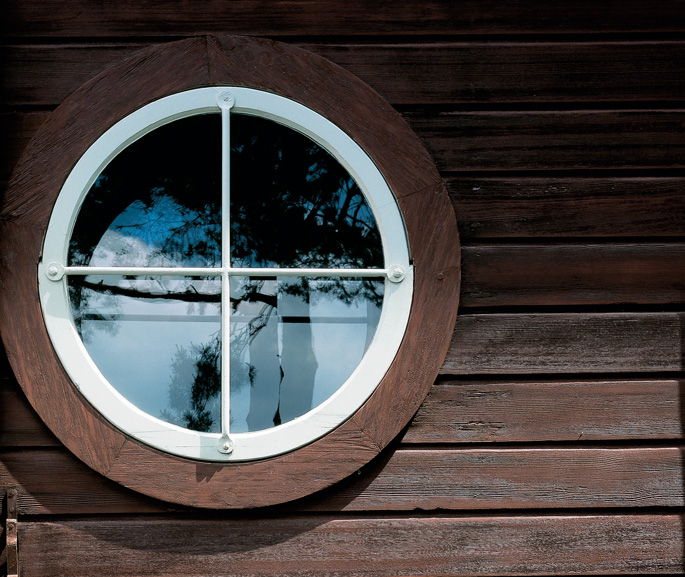Expropriation

1933-45
The Nazis wasted no time seizing Einstein´s possessions. Between April and May of 1933, they confiscated his bank accounts, appropriated his sailboat, and looted his apartment. Because the deed to the house in Caputh was in the name of Einstein´s stepdaughters, it was initially spared. The Einsteins asked a lawyer friend of the family to rent the house to a nearby Jewish children home. More and more families were sending their children to Caputh in the hope that its seclusion would provide a safe haven from the increasing anti-Semitism in the cities. The children home desperately needed additional accommodations, and Einstein´s house was one of ten private residences in Caputh that rented out rooms to the home. The arrangement infuriated Capuths mayor, who thought that the presence of Jewish children in German households would contaminate the other boys and girls.
After Einstein´s German citizenship was officially revoked in 1934 (ironically, his own 1933 renunciation was illegal under German law), local government officials turned their attention to the house in Caputh. The Potsdam police president submitted a list of suspicious activities alleged to have taken place there: propagation of pacifist and communist ideas, congregation with leaders of the KPD, regular comings and goings of unknown people, and negotiations behind closed doors. The Gestapo brought inEinstein´s former maid, Hertha Schiefelbein, for questioning. Despite considerable pressure, Hertha remained completely loyal to her former employers. As far as she knew, conversations in Caputh were public (which was true) and politics were never discussed (which wasn´t). The Gestapo couldn´t find any evidence that treasonous activities had taken place. But this hardly mattered. Einstein being an outspoken Jew with socialist leanings was evidence enough.
On January 10, 1935 the property was confiscated and the Jewish children were evicted. Afterward, the house was sold to Caputh for 5000 marks, no more than a fifth of the original price. The mayor of Caputh was hoping that the house could be converted into a camp for the Hitler Youth. There were, he complained, too few locations where national socialist ideas could be taught. A lack of funds prevented this idea from becoming reality, but Nazi youth organizations did occasionally make use of the house throughout the rest of the 1930s. For most of the war years, the house was a training center for kindergarten teachers. Sometime in 1944, a special unit of the Wehrmacht moved in. From December 21, 1944 to March 19, 1945 a total of 44 persons of foreign nationality were registered as living at the house, sometimes thirty at a time. These individuals were in all likelihood forced laborers who did not actually live in the house, but who were overseen by the Wehrmacht at a nearby camp.
Despite everything, the house did experience some good fortune. No expansion projects took place and, unlike Einstein´s Berlin apartment and boyhood home in Ulm, the house survived the war intact. There was only one close call. During an allied air raid on Potsdam in February 1945, several stray bombs fell on Caputh and its surrounding forests. One landed less than one hundred meters from Einstein´s house.